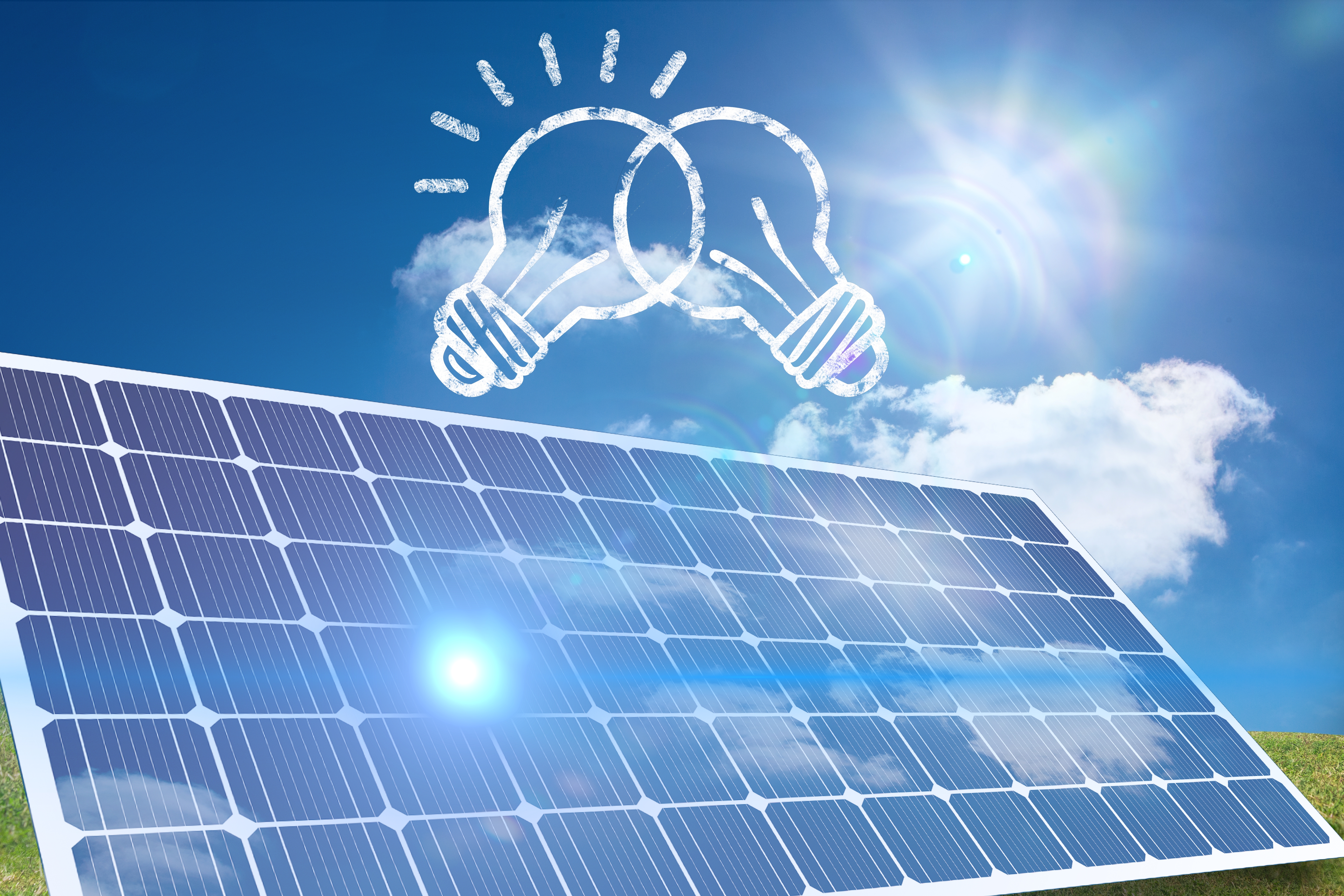Solar Energy for Nigerian Homes: Is It Worth the Investment?
Nigeria's electricity challenges have led many homeowners to explore alternative energy sources, with solar energy emerging as a popular option. But is it truly worth the investment? This article breaks down the costs, benefits, and long-term returns of switching to solar energy in Nigeria.
Here are practical tips costs, benefits, and long-term returns of switching to solar energy in Nigeria.
- 1. Lower Electricity Bills & Cost Savings: One of the most compelling reasons to install solar panels is the significant reduction in electricity costs. Nigeria’s electricity tariffs continue to rise, and grid supply remains unstable. With solar power, you generate your own electricity, leading to little or no dependence on power companies. Over time, the money saved on electricity bills offsets the initial installation cost.
- 2. Sustainable & Eco-Friendly Energy: Solar power is a clean, renewable energy source that reduces carbon emissions. Unlike generators that run on diesel or petrol, solar panels do not release harmful pollutants, making them a healthier and environmentally responsible choice.
- 3. High Initial Cost vs. Long-Term Returns: While the initial cost of solar installation (panels, inverters, and batteries) may seem high, it is an investment that pays off in the long run. Some factors to consider include: Solar panel lifespan: Most high-quality panels last 25–30 years. Battery storage: Modern lithium-ion batteries provide 5–10 years of backup power before needing a replacement. Maintenance: Solar systems require minimal maintenance, mainly cleaning the panels and checking connections.
- 4. Energy Independence & Reliable Power Supply: Nigeria’s national power grid is unreliable, with frequent outages disrupting businesses and daily life. Solar energy offers homeowners independence from grid failures, ensuring uninterrupted electricity for essential appliances like lighting, refrigerators, and security systems
- 5. Government Incentives & Increasing Market Demand: Some Nigerian states and organizations offer incentives, tax breaks, or financing options to encourage the adoption of solar energy. As demand increases, solar installation costs are becoming more competitive, making it an accessible option for more homeowners.
Conclusion
While solar energy requires an upfront investment, the long-term savings, energy reliability, and environmental benefits make it a smart choice for Nigerian homeowners. If you're considering integrating solar power into your home or real estate investment, Senatorch Limited can guide you through the best energy solutions. Contact us today!
Ready to invest in a legally secured estate? Contact Senatorch Limited today for expert guidance on real estate investments, land verification, and property management.



